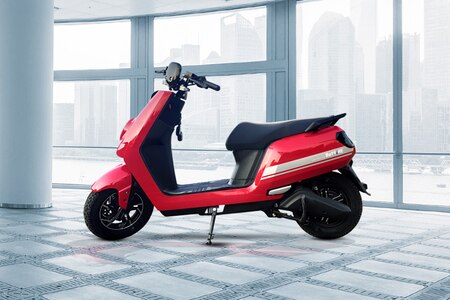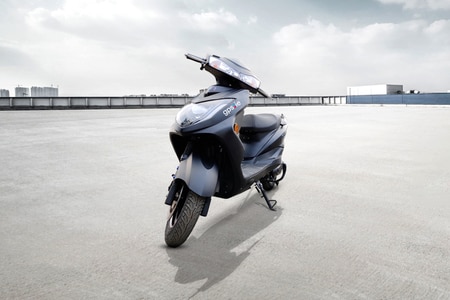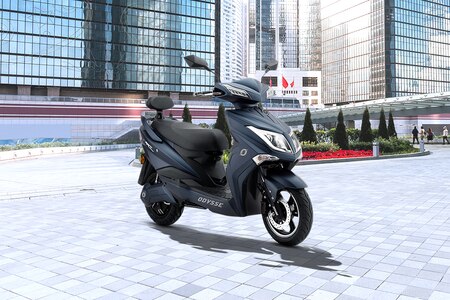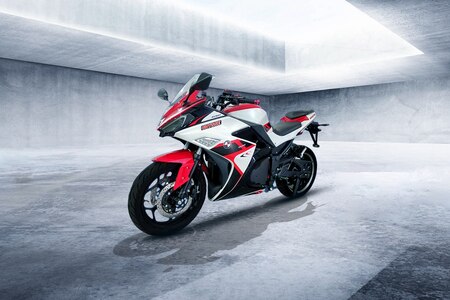Hyundai to launch 11 new electric vehicles by end of decade. Complete plan here
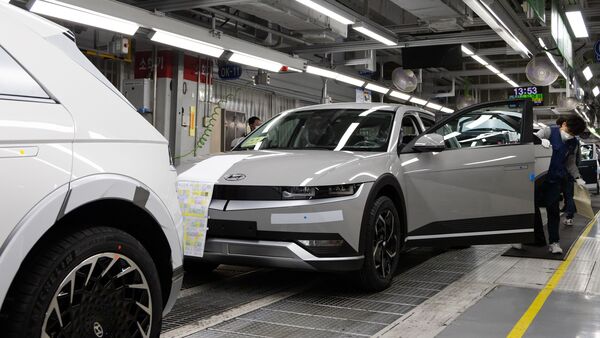

Hyundai Motor Company has once again underlined its commitment to the shift to electric mobility and bolstered by the prevailing success of the Ioniq 5 electric vehicle (EV) in markets where the model is offered, has confirmed plans of as many as 11 new EVs by the end of this decade.
Also Read : Kia reveals its 2030 roadmap, to have 14 battery electric models by 2027
The Hyundai push towards electrification is based on strategies which include more products that are completely powered by battery, expanding manufacturing capabilities of such models and securing hardware and software competitiveness. With the ultimate objective of selling 1.87 million all-electric vehicles for a seven per cent share in the global EV space, Hyundai plans as many as 17 EV models which also include six under the Genesis brand. While Hyundai EV plans for the future include three sedan models, six SUVs, one light commercial vehicle and one new type model, the EVs under Genesis brand include two passenger cars and four SUVs. This includes the electrified GV70 which is scheduled for a launch later this year.
Also check these Bikes
But Hyundai is well aware that showcasing newer EV models alone won't bring much apart from attention.
As such, Hyundai plans to gradually expand its BEV manufacturing bases, starting with an Indonesian plant that recently started operation. It is also crucial to secure local procurement rate of batteries through strategic alliances with battery companies in major regions. The aim is to establish a high efficiency manufacturing process for BEV production to accelerate the company's transition into electrification.
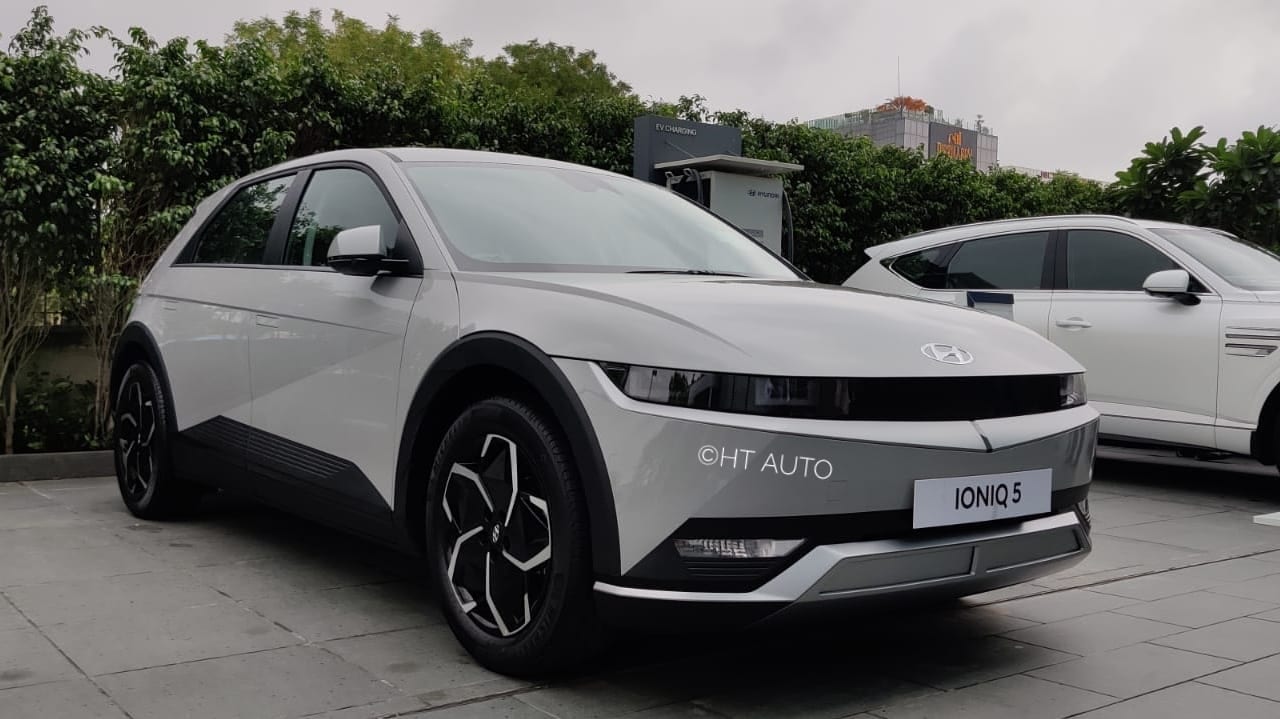

Hyundai Motor also plans to introduce an Integrated Modular Architecture (IMA), evolved from the electric global modular platform (E-GMP) that is the foundation of IONIQ 5 and GV60. By 2030, the company will invest a total of KRW 12 trillion to boost competitiveness in software capabilities, including KRW 4.3 trillion on technology development, such as connectivity and autonomous driving, KRW 4.8 trillion on strategic investment for startups and research institutions, and KRW 2.9 trillion on information and communications technology (ICT). "Hyundai is successfully accelerating its transition to electrification and becoming a global leader in EVs despite a challenging business environment caused by the global chip shortage and ongoing pandemic," said President Chang. "Along with our seamless efforts to improve EV value, Hyundai Motor will continue to secure its business sustainability as a ‘Mobility Solutions Provider’ through advanced technologies of not only hardware but also software."








 3.1 kWh
3.1 kWh 60 km
60 km